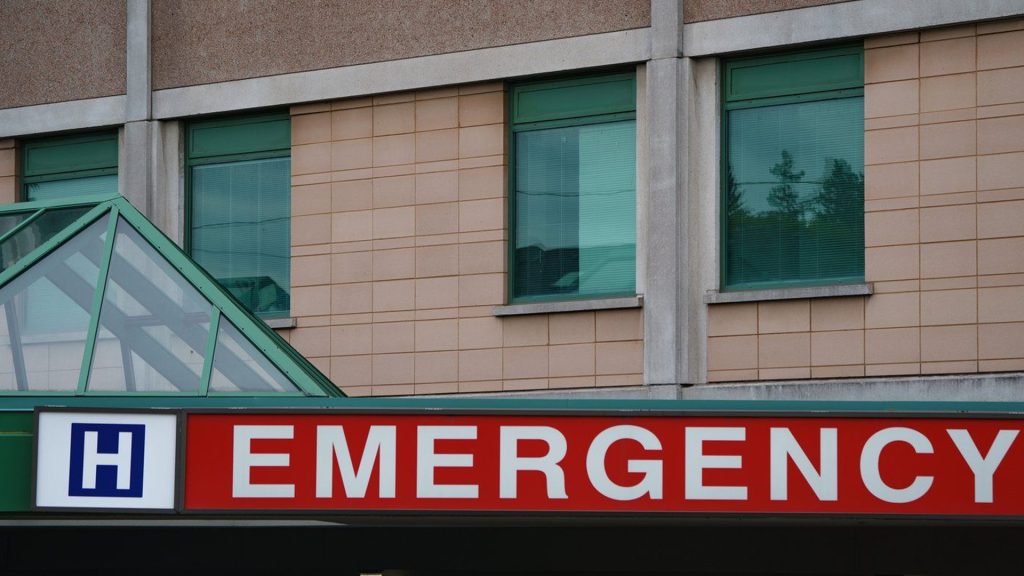Canada’s inflation rate surged in September

Posted October 20, 2021 5:42 am.
Last Updated October 20, 2021 3:25 pm.
Statistics Canada says the rate of inflation rose 4.4 per cent last month on a year-over-year basis, the fastest rate of increase since February 2003. The consumer price index had 4.1 per cent annualized gain in August.
Transportation, food, and gasoline costs were all up last month, compared to the same time last year. Transportation prices contributed the most to the surge, with a 9.1 per cent increase, and the prices at the pump up 32 per cent.
Related Articles:
-
Enbridge fails to meet aquifer cleanup deadline in Minnesota
-
Ontario premier promises to lower gas prices, match federal carbon tax cut
-
As food prices in Canada spike, financial expert offers tips on grocery spending
#BreakingNews
-Canada Sept. CPI climbs 4.4% y/y (est. up 4.3%)
-Biggest increase since Feb 2003
-Gasoline prices up by 32.8% y/y
-Food prices up 3.9%
-Shelter costs…up 4.8%Source: Stats Canada
— mike eppel (@eppman) October 20, 2021

Prices for meat products rise year over year in September (Courtesy: Statistics Canada)
Buying meat at the grocery store has become more expensive, with bacon showing a 20 per cent cost increase over last year. Beef and chicken prices are also up partly due to higher input costs and continued strength in demand. In contrast, fresh vegetable prices went down in September, driven largely by the nosedive in the price for tomatoes which was down 26 per cent.
Related Articles:
-
Increased inflation rate balloons cost of food, housing, gas in Canada
-
Shrinkflation: Why you’re paying the same but getting less
-
Expect to pay more for groceries as inflation leads to a spike in food costs
“Since the onset of the pandemic, food prices have been impacted by factors such as weather, supply disruptions and shifting consumer demand, which in turn affects the pocketbooks of Canadians,” Statistics Canada said.
Food is the second-largest component of the Consumer Price Index, with Canadians spending about 17 per cent of their expenditures on food from stores and restaurants.
Potential relief unlikely
As for potential relief, Economist Bryan Yu with Central 1 Credit Union believes that’s unlikely — he expects just keeping a roof over our heads will get even pricier.
“Overall, the inflation picture right now remains pretty firm, we do think that inflation is going to ease over into 2022. And that doesn’t mean that prices themselves are going to fall, it just means that the rate of growth is going to is going to slow. So things like rent, we expect that to pick up as we see immigration start to pick up and also rent freezes the roll-off as well.”
So, Yu believes shelter costs will push higher as the housing market picks up.
If you’re in the market for a car, Yu believes it might be better to wait. Right now those prices are up significantly due to supply chain problems, but that he believes that could change sometime next year.










